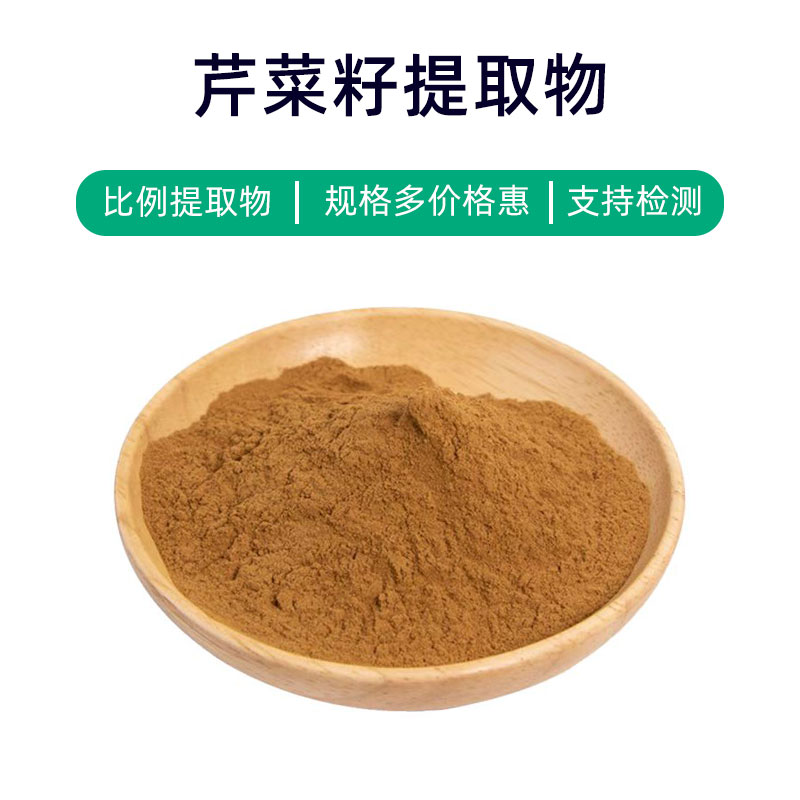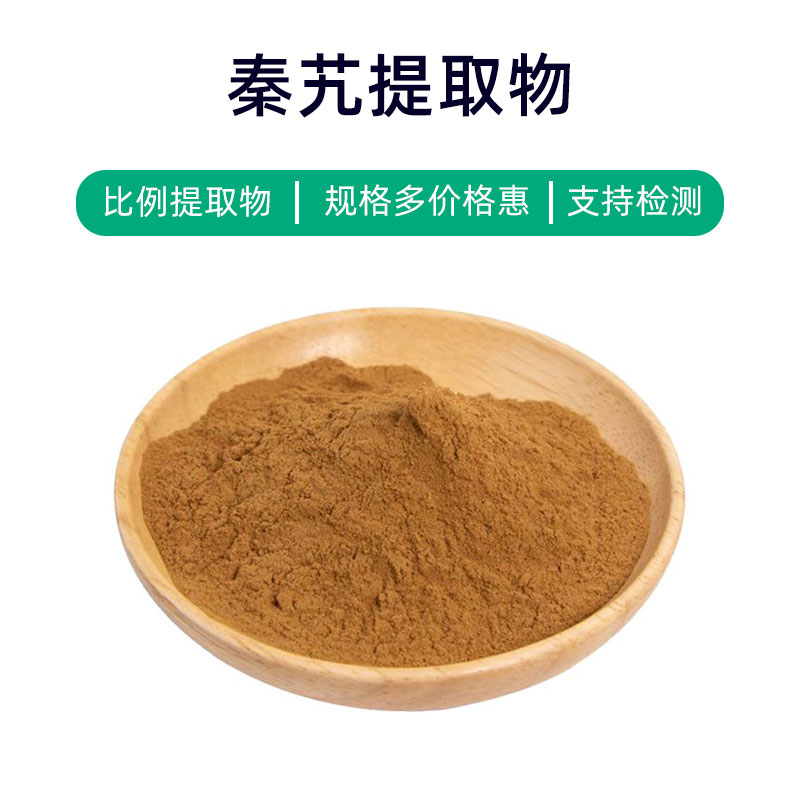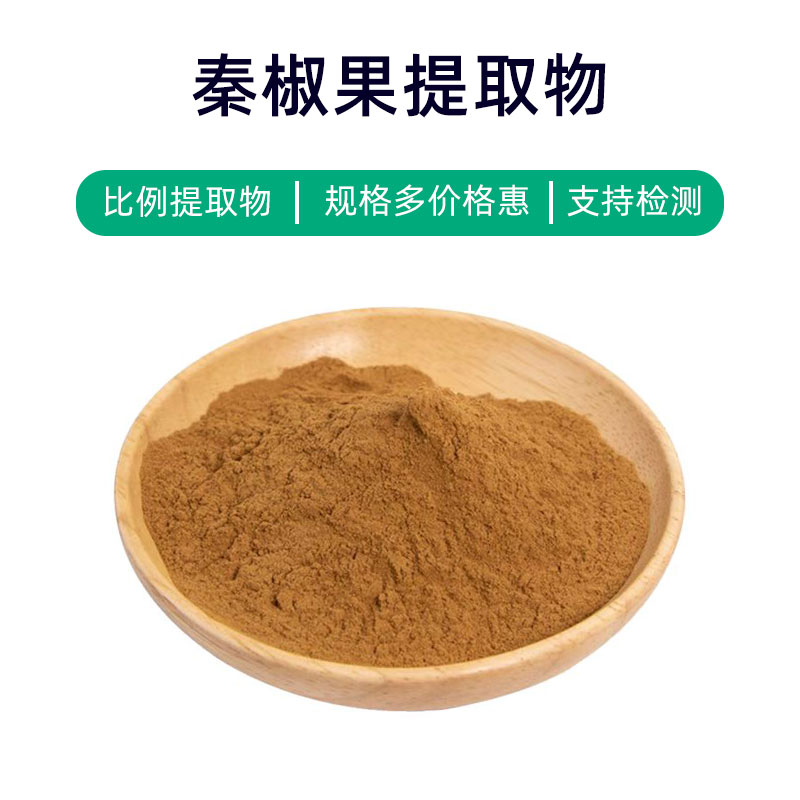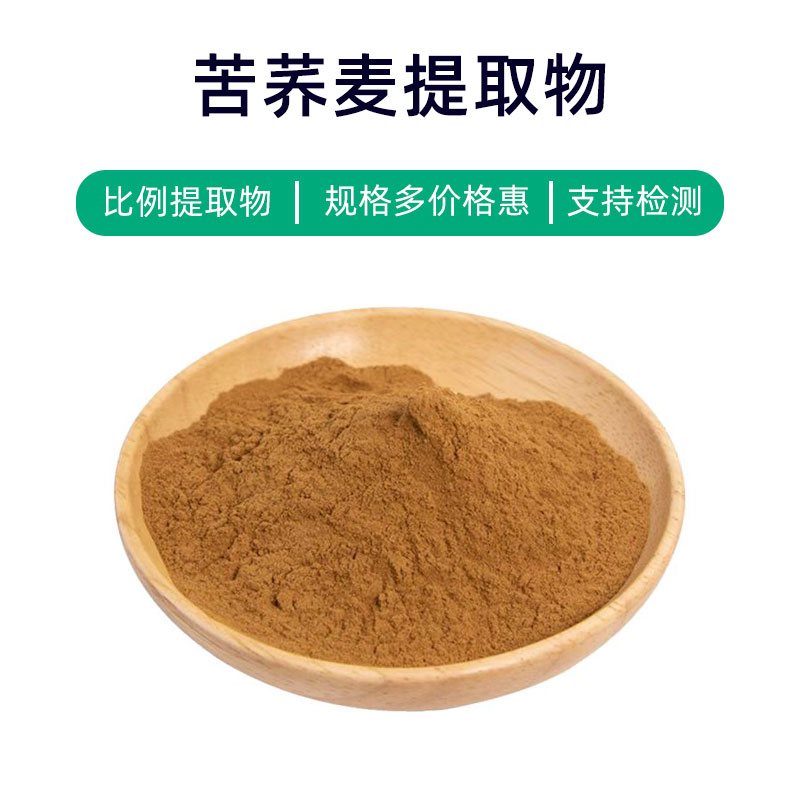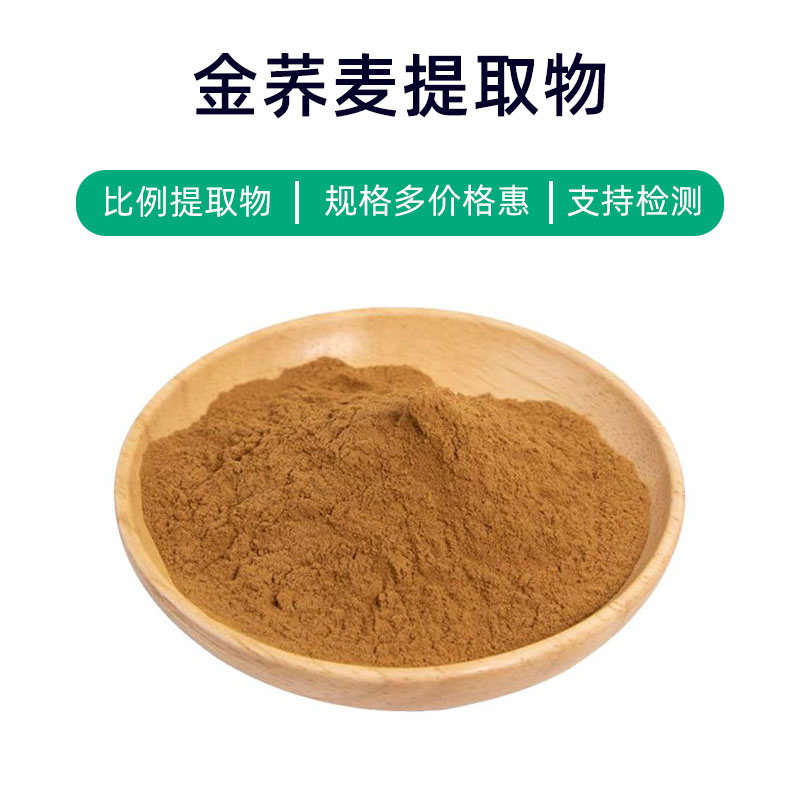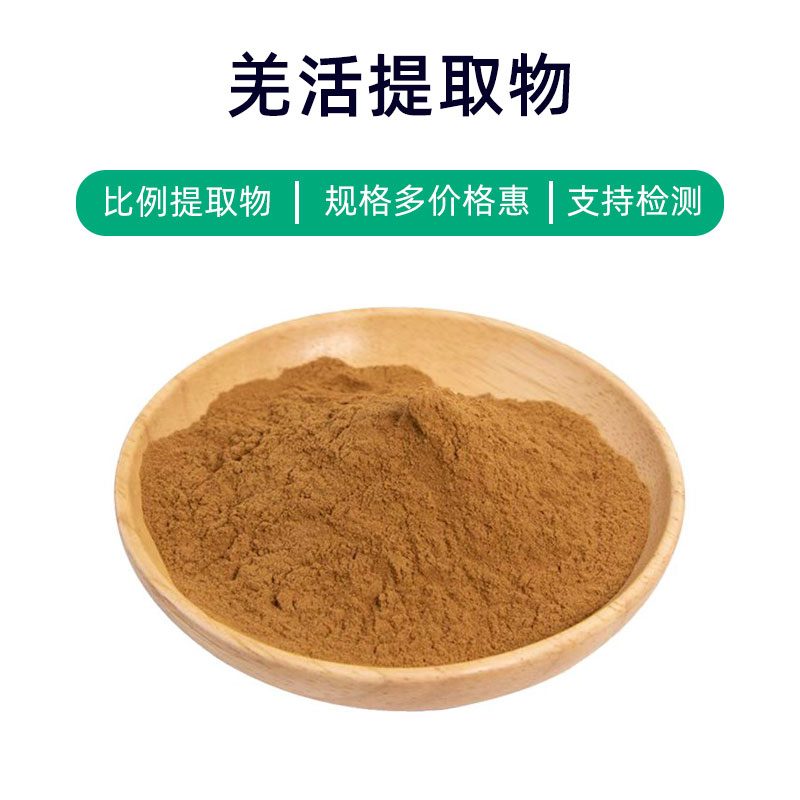Introduction to Catuba Extract
Catuba extract is a natural plant extract sourced from the bark of the Catuba tree (Trichilia catigua), primarily containing phenolic compounds, alkaloids, tannins, and more. These components are believed to offer various health benefits.
The product is frequently used in dietary supplements, functional foods, and herbal formulations. Its benefits are mainly observed in the following areas:
- Enhancement of Sexual Performance: Traditionally, Catuba extract has been used as a supplement to boost sexual performance, reportedly having a positive influence on libido and sexual function.
- Immune System Support: Some studies suggest that Catuba extract may possess immune-modulating properties that help enhance immune system functionality, improving the body's resistance.
- Antioxidant Properties: Rich in antioxidants, Catuba extract helps combat free radical damage, reduces cellular oxidative stress, and supports cell health.
In terms of application, Catuba extract is commonly used to produce supplements and nutritional products available in capsule, powder, or liquid forms. It can also serve as an additive in functional foods for producing various health drinks, energy bars, and more. For specific usage and dosage, it is advisable to consult a healthcare professional or nutritionist to ensure safe and effective usage.
Production Process of Catuba Extract
The production process of Catuba extract typically involves the following steps:
- Raw Material Preparation: High-quality bark from the Catuba tree is selected as the raw material. The bark should undergo a drying process to reduce moisture content, aiding the extraction process.
- Grinding: The dried bark is crushed and ground to increase surface area, facilitating subsequent extraction. Mechanical grinding is commonly used.
- Solvent Extraction: The ground bark is mixed with an appropriate solvent (such as ethanol or water) and allowed to steep. The solvent effectively extracts the active components from the bark, creating an extract solution.
- Filtering and Concentration: The extract solution is filtered to remove impurities and solid particles, resulting in a pure extract. Distillation or concentration techniques are then employed to remove the solvent, yielding a concentrated extract.
- Drying and Powdering: The concentrated extract undergoes drying to eliminate residual moisture and is subsequently ground into a powdered form for further processing.
- Testing and Quality Control: Necessary quality tests are performed on the extract, including assessments of active ingredient content, microbial presence, and heavy metals, ensuring the product meets quality standards and safety requirements.
- Packaging and Storage: The quality-approved Catuba extract is packaged and stored in a dry, cool, light-protected environment to maintain its stability and the integrity of its active components.
Efficacy and Side Effects of Catuba Extract
Catuba extract is a natural plant extract with multiple health benefits, including:
- Antioxidant Effects: Catuba extract is rich in various antioxidants, such as polyphenolic compounds and vitamins, which help eliminate free radicals, slow oxidative reactions, protect cells from oxidative damage, and may assist in slowing the aging process.
- Anti-inflammatory Action: The active ingredients in Catuba extract exhibit significant anti-inflammatory properties, capable of inhibiting the release of inflammatory mediators and alleviating tissue inflammation, providing some assistance in inflammatory diseases.
- Cardiovascular Health Improvement: Research indicates that certain components in Catuba extract may lower blood pressure, regulate lipid and glucose levels, thereby improving cardiovascular function and preventing heart disease.
- Antimicrobial and Antifungal Properties: Some active ingredients in Catuba extract possess antimicrobial and antifungal activities, aiding in the inhibition of bacterial and fungal growth and helping prevent and treat infections.
- Anti-tumor Effects: Some studies suggest that certain components in Catuba extract have anti-tumor activity, capable of inhibiting the proliferation and metastasis of tumor cells, potentially aiding in the prevention and treatment of cancer.
- Digestive Health Improvement: Catuba extract promotes gastrointestinal motility, increases gastric acid secretion, and stimulates digestive fluid production, enhancing digestion and easing digestive discomfort.
While Catuba extract offers several benefits, individual variations and suitable populations should be considered during use. Long-term or excessive use may lead to adverse reactions such as digestive issues and allergic responses. Therefore, it is recommended to consult a healthcare provider or pharmacist before use, following dosage and instructions on the product label to ensure safe and effective use.
Application Scenarios and Dosage of Catuba Extract
Catuba extract has extensive applications in pharmaceuticals, food, and cosmetics sectors, detailed as follows:
- Pharmaceutical Applications:
- Antioxidant and Anti-inflammatory Effects: Catuba extract can be utilized to formulate dietary supplements or medications aimed at boosting immunity, preventing cardiovascular diseases, and slowing aging.
- Antimicrobial and Antifungal Effects: It may be formulated into oral liquids, capsules, or topical ointments for treating infectious diseases like oral inflammations and skin infections.
- Blood Sugar and Lipid Regulation: Used in formulating medications for lowering blood glucose and lipids, assisting in treating diabetes and hyperlipidemia.
- Food Applications:
- Nutritional Supplements: Catuba extract can serve as an ingredient in nutritional products, such as health drinks and energy bars, to enhance vitality and promote well-being.
- Functional Foods: It may be incorporated into functional foods designed for blood sugar regulation, blood pressure reduction, and immune enhancement.
- Cosmetics Applications:
- Antioxidant Skincare Products: Due to its strong antioxidant effects, Catuba extract can be formulated into antioxidant masks and serums for skincare, helping to slow skin aging.
- Anti-inflammatory Skincare Products: It can be used in making anti-inflammatory masks and lotions to alleviate skin inflammation and soothe sensitive skin.
Dosage Instructions:
- Pharmaceutical Sector: Typically administered orally or topically; specific dosages and methods should be determined based on product formulation and physician recommendations. Usually, oral dosage is 1-3 times daily, adjusted according to individual conditions and severity; topical dosage is guided by the condition and application site, applied as needed or as recommended by a physician.
- Food Sector: As a food additive, the amount used is generally part of the food formulation, complying with national regulations, and not exceeding specified limits.
- Cosmetics Sector: Used as a cosmetic ingredient in skincare products, the amount is usually based on the product formulation; it is generally advisable to use it in moderation to avoid potential adverse skin reactions.
In summary, Catuba extract boasts wide-ranging applications in medicine, food, and cosmetics, but attention to dosage and method is crucial to prevent unnecessary side effects.
Introduction to the Source Plant of Catuba Extract: Distribution and Growth Environment
Catuba (scientific name: Catha edulis) is a perennial evergreen shrub belonging to the Celastraceae family. The following provides detailed information about the source, distribution, and growth environment of the Catuba plant:
Source:
Catuba primarily grows in East Africa, particularly in countries such as Ethiopia, Kenya, Tanzania, and Yemen. It has also been introduced to other regions, including South Africa, Madagascar, and Morocco.
Distribution:
The Catuba plant is mainly found in the highlands and mountainous areas of East Africa, typically at altitudes of 1,000 to 2,000 meters. In these regions, Catuba plants can grow wild or be cultivated in gardens or farmland.
Growth Environment:
- Climate: The Catuba plant is adaptable and can thrive in subtropical and tropical climates, preferring warm and humid conditions.
- Soil: The Catuba plant does not have strict soil requirements and can grow in various soil types, though it thrives best in well-draining, fertile soil.
- Sunlight: The Catuba plant favors abundant sunlight, typically growing in well-lit environments but can also adapt to some shade.
- Altitude: Catuba generally grows in mountainous areas at altitudes of 1,000 to 2,000 meters, where the climate is usually cooler, conducive to its growth.
Overall, the Catuba plant is found in the highlands and mountainous regions of East Africa, suited to warm, humid climates, with non-strict soil requirements but a preference for well-draining, fertile soils. It can grow wild in natural habitats or be cultivated in gardens or farmland.
Processing and Storage of Catuba Extract
Processing Catuba extract typically involves extracting, steeping, or distilling the leaves or other parts of the Catuba plant to obtain its active components. The processing requires strict control of temperature, time, and solvent selection to ensure the quality and purity of the extract. The produced extract is usually preserved in a dried or concentrated form, often placed in sealed containers and stored in a cool, dry place, away from direct sunlight and high temperatures, to extend its shelf life and maintain the stability of its active components.
Monica Sun is a seasoned expert in the plant extraction industry with over a decade of experience in research and production. She specializes in the extraction and purification of plant active ingredients, focusing on driving innovation in natural product applications. Monica has participated in the development of multiple functional plant extracts, delivering high-value natural raw material solutions for the health food, pharmaceutical, and dietary supplement sectors.









